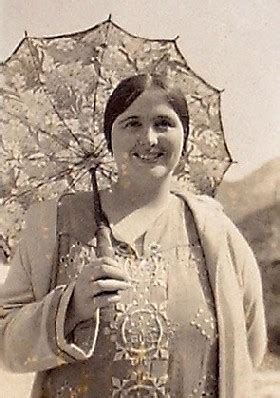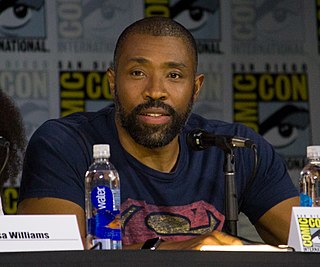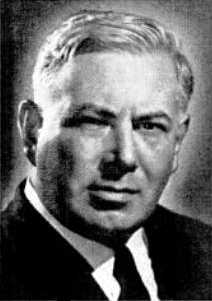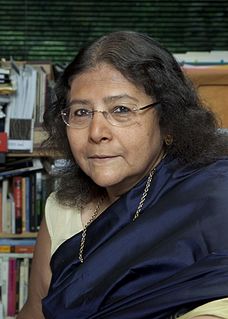A Quote by Grant Morrison
And that's why people read comics, to get away from the way life works, which is quite cruel and unheroic and ends in death.
Related Quotes
The words you can't find, you borrow.
We read to know we're not alone. We read because we are alone. We read and we are not alone. We are not alone.
My life is in these books, he wants to tell her. Read these and know my heart.
We are not quite novels.
The analogy he is looking for is almost there.
We are not quite short stories. At this point, his life is seeming closest to that.
In the end, we are collected works.
I used to do miserably in English literature, which I thought was a sign of moral turpitude. As I look back on it, I think it was rather to my credit. The notion of actually putting writers' words into other words is quite ridiculous because why bother if writers mean what they mean, and if they don't, why read them? There is, I suppose, a case for studying literary works in depth, but I don't quite know what 'in depth' means unless you read a paragraph over and over again.
More and more, I tried to make comics in the way I like to read comics, and I found that when I read comics that are really densely packed with text, it may be rewarding when I finally do sit down and read it, but it never is going to be the first I'm going to read, and I never am fully excited to just sit down and read that comic.
In early comics, you see the amazing awkwardness and bizarre reasoning in the storyline, and it's because comics hadn't really been invented yet. There was no format for them to follow. They were just making it up. So I try to incorporate that kind of awkwardness in my comics quite frequently, which is odd. In some ways, I can't be as awkward as I'd like. But I do think that's one way in which my comics are unusual, because I will try to make the artwork look bad, occasionally.
My parents read the comics to me, and I fell in love with comic strips. I've collected them all of my life. I have a complete collection of all the "Buck Rogers" Sunday funnies and daily paper strips, I have all of "Prince Valiant" put away, all of "Tarzan," which appeared in the Sunday funnies in 1932 right on up through high school. So I've learned a lot from reading comics as a child.
The question we should be asking is not why people are sometimes cruel, or even why a few people are usually cruel (all evidence suggests true sadists are an extremely small proportion of the population overall), but how we have come to create institutions that encourage such behavior and that suggest cruel people are in some ways admirable-or at least as deserving of sympathy as those they push around.





































